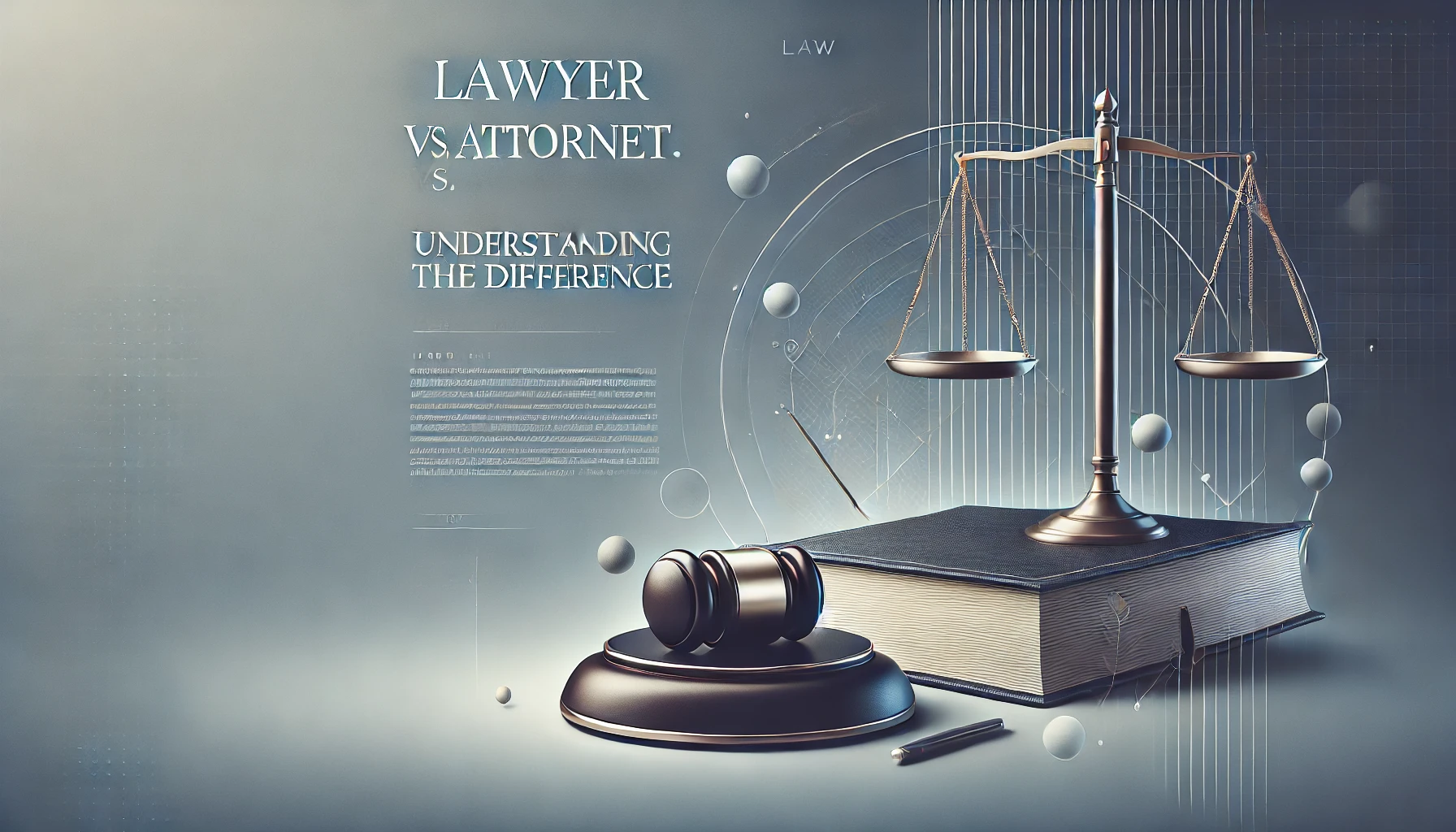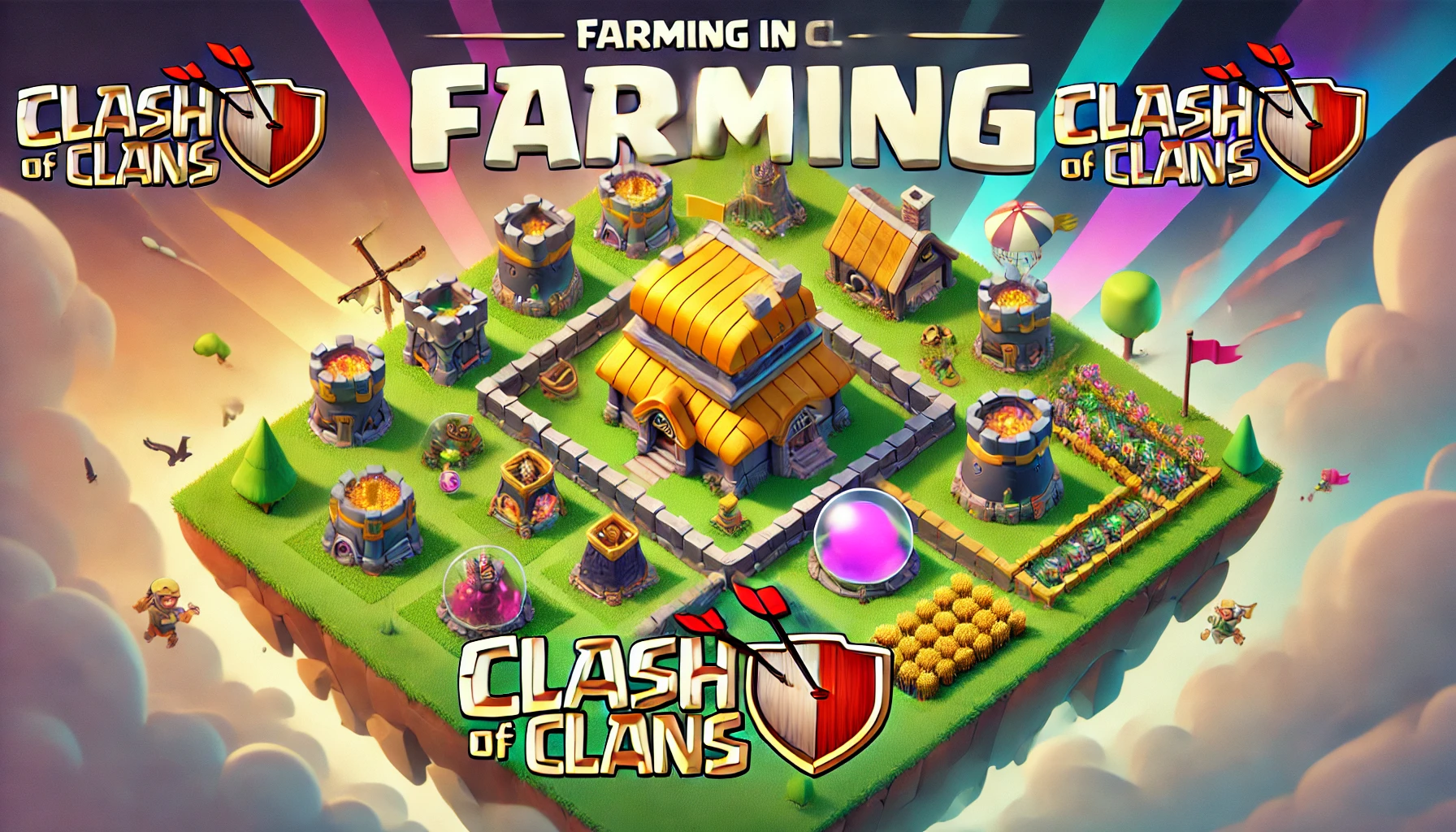When navigating the legal landscape in the United States, many people wonder whether there’s a difference between a lawyer and an attorney. While the terms are often used interchangeably, there are slight distinctions worth noting.
Are Lawyer and Attorney Synonyms?
In the U.S., the terms “lawyer” and “attorney” are generally considered synonymous. Both refer to professionals trained in the field of law and authorized to provide legal advice. However, there is a nuanced difference that can be relevant in specific contexts.
Key Distinctions
- Lawyer:
A lawyer is someone who has completed legal education by graduating from law school. Lawyers are trained in legal matters and are qualified to give advice on various legal issues. However, a lawyer does not automatically have the right to represent clients in court unless they pass the state bar examination. - Attorney:
An attorney is a lawyer who has passed the bar exam and is licensed to practice law in a specific jurisdiction. The term “attorney” is derived from “attorney-at-law,” indicating their role in representing clients in legal proceedings.
Educational and Licensing Requirements
To become a lawyer or attorney in the U.S., individuals must complete:
- An undergraduate degree (3–4 years),
- Law school (3 years),
- The bar exam for their state.
Only after passing the bar exam can a lawyer become an attorney and actively represent clients in court.
Simplifying the Terms
While the distinction exists, for most practical purposes in the U.S., “lawyer” and “attorney” are used interchangeably. Whether you need legal advice or representation in court, both terms generally refer to someone capable of addressing your legal needs.
Understanding these terms helps demystify the legal process and ensures you contact the right professional for your situation.




Wonderful blog! Do you have any hints for aspiring writers? I’m planning to start my own site soon but I’m a little lost on everything. Would you advise starting with a free platform like WordPress or go for a paid option? There are so many choices out there that I’m completely overwhelmed .. Any recommendations? Cheers!
Thank you for your kind words! Starting a blog is an exciting journey, and I’m happy to offer some guidance for aspiring writers like yourself.
Define Your Niche: Before you start, determine what your blog will be about. Finding your niche will help you attract a specific audience interested in your content.
Content Planning: Create a content plan or editorial calendar. Consistency is key, so having a schedule will help you stay organized and keep your readers engaged.
Free vs. Paid Platform: Whether to start with a free platform like WordPress.com or opt for a paid option like self-hosted WordPress.org depends on your goals and budget.
Free Platform (e.g., WordPress.com, Blogger):
Pros: Easy setup, no initial cost, beginner-friendly.
Cons: Limited customization, your domain will include the platform’s name (e.g., yourblog.wordpress.com), fewer monetization options.
Paid Option (e.g., Self-hosted WordPress.org):
Pros: Full control over customization, your own domain name (e.g., yourblog.com), unlimited possibilities for growth, better monetization options.
Cons: Initial cost for domain and hosting, steeper learning curve.
Domain Name: Choose a memorable and relevant domain name. It should reflect your blog’s content and be easy to spell and remember.
Hosting: If you go for the self-hosted option, select a reliable hosting provider. Popular choices include Bluehost, SiteGround, and HostGator.
Design and Themes: Customize your blog’s design to make it visually appealing and user-friendly. There are plenty of free and premium themes available.
Content Quality: Focus on producing high-quality, engaging content. Write about topics you’re passionate about, and always aim to provide value to your readers.
SEO (Search Engine Optimization): Learn the basics of SEO to help your blog rank higher in search engine results. This includes optimizing your content and using relevant keywords.
Engage with Your Audience: Interact with your readers through comments and social media. Building a community around your blog can be incredibly rewarding.
Monetization: If you plan to monetize your blog, research different methods like affiliate marketing, sponsored posts, and Google AdSense. But remember, it takes time to generate significant income.
Learn and Adapt: The world of blogging is always evolving. Stay updated with industry trends and be open to adjusting your strategy as needed.
Patience and Persistence: Building a successful blog takes time. Don’t get discouraged by slow growth in the beginning. Keep writing and promoting your content.
Remember that blogging is a learning process, and it’s okay to make mistakes along the way. The most important thing is to enjoy the journey and stay committed to your passion for writing. Best of luck with your blogging adventure! Cheers!
I抦 not positive the place you are getting your information, but great topic. I needs to spend some time learning more or working out more. Thanks for great information I was searching for this information for my mission.